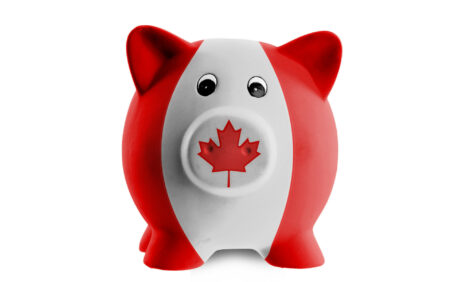



EU Says Livestock Emissions May Mean Less Meat
EU - The European Parliament warned about the livestock industry’s emissions while stopping short of urging a reduction in meat consumption to fight global warming.The European Union assembly’s balancing act highlights the potential conflict between tackling climate change and ensuring adequate food supplies, writes Jonathan Stearns for Bloomberg.com. The livestock industry accounts for 18 percent of greenhouse-gas emissions including methane from manure, carbon dioxide from burning fossil fuels to make fertilizers for feed crops and CO2 from forest clearing, according to the United Nations Food and Agricultural Organization.
According to the Bloomberg article, the EU Parliament said changes in behavior by consumers and the consideration of targets for reducing agricultural emissions should accompany regulations to cap industrial greenhouse gases and improve energy efficiency. At the same time, the assembly deleted a part of the text that called for a cut in worldwide meat consumption particularly in rich countries.
The livestock industry is responsible for “substantial” emissions, the 27-nation Parliament said in its resolution today in Strasbourg, France. The 80-page document, based on the final report of the assembly’s Temporary Committee on Climate Change, includes dozens of other recommendations and options for tackling global warming until 2050.
The EU aims to reduce its greenhouse gases at least 20 percent in 2020 compared with 1990 and spur UN members including the U.S. and China to back a new accord this year to counter global warming. The Parliament resolution said industrialized countries as a whole should plan to cut emissions 25 percent to 40 percent by 2020 from 1990 levels and deepen the target to at least 80 percent by 2050.








